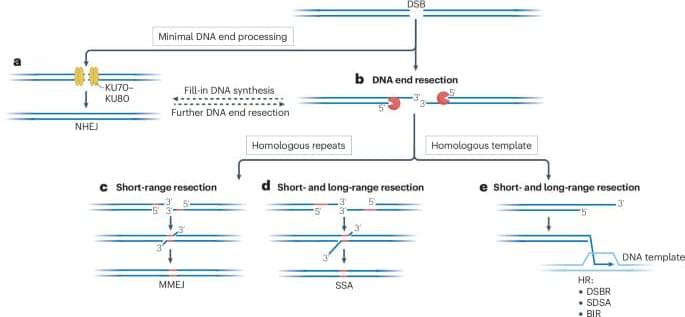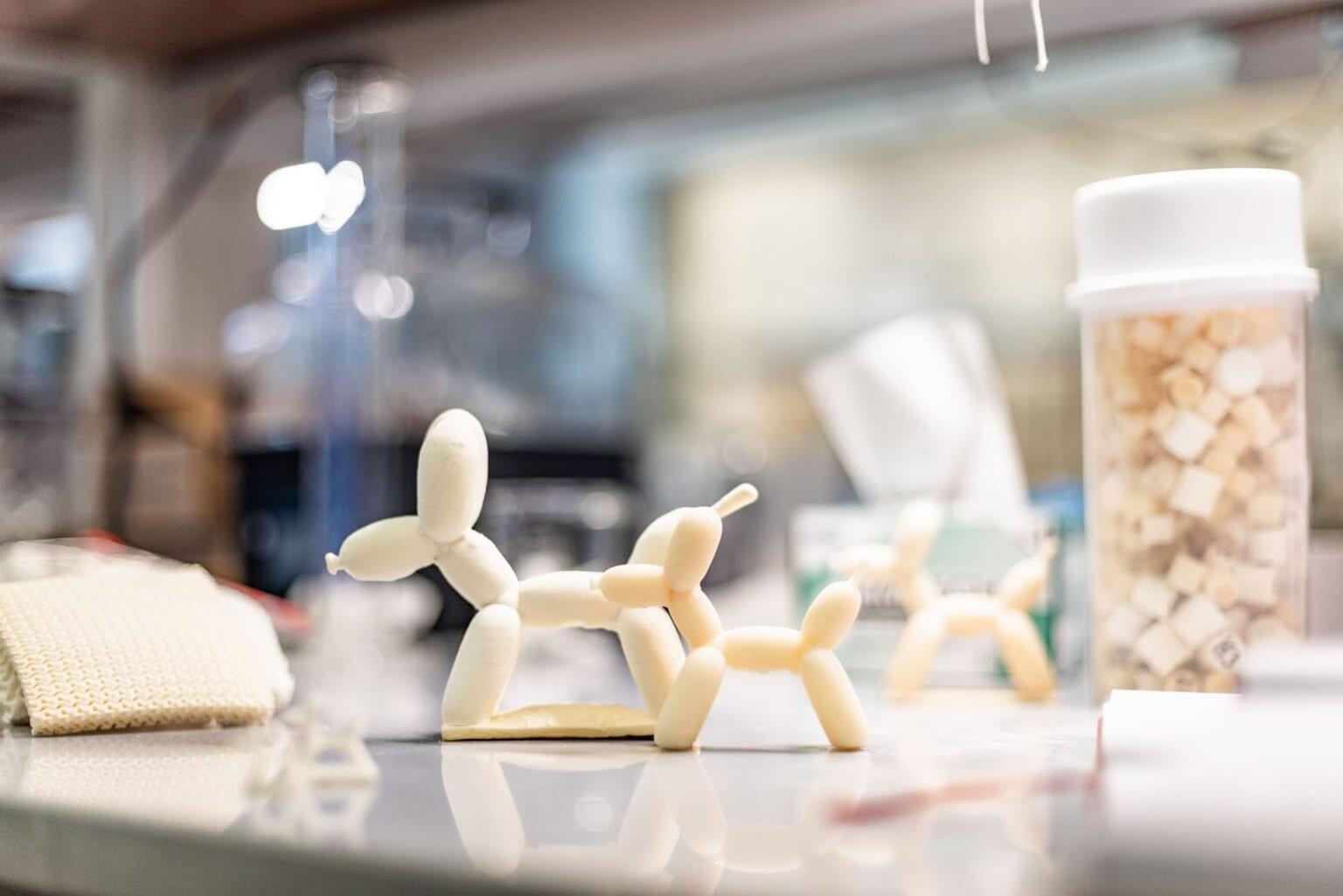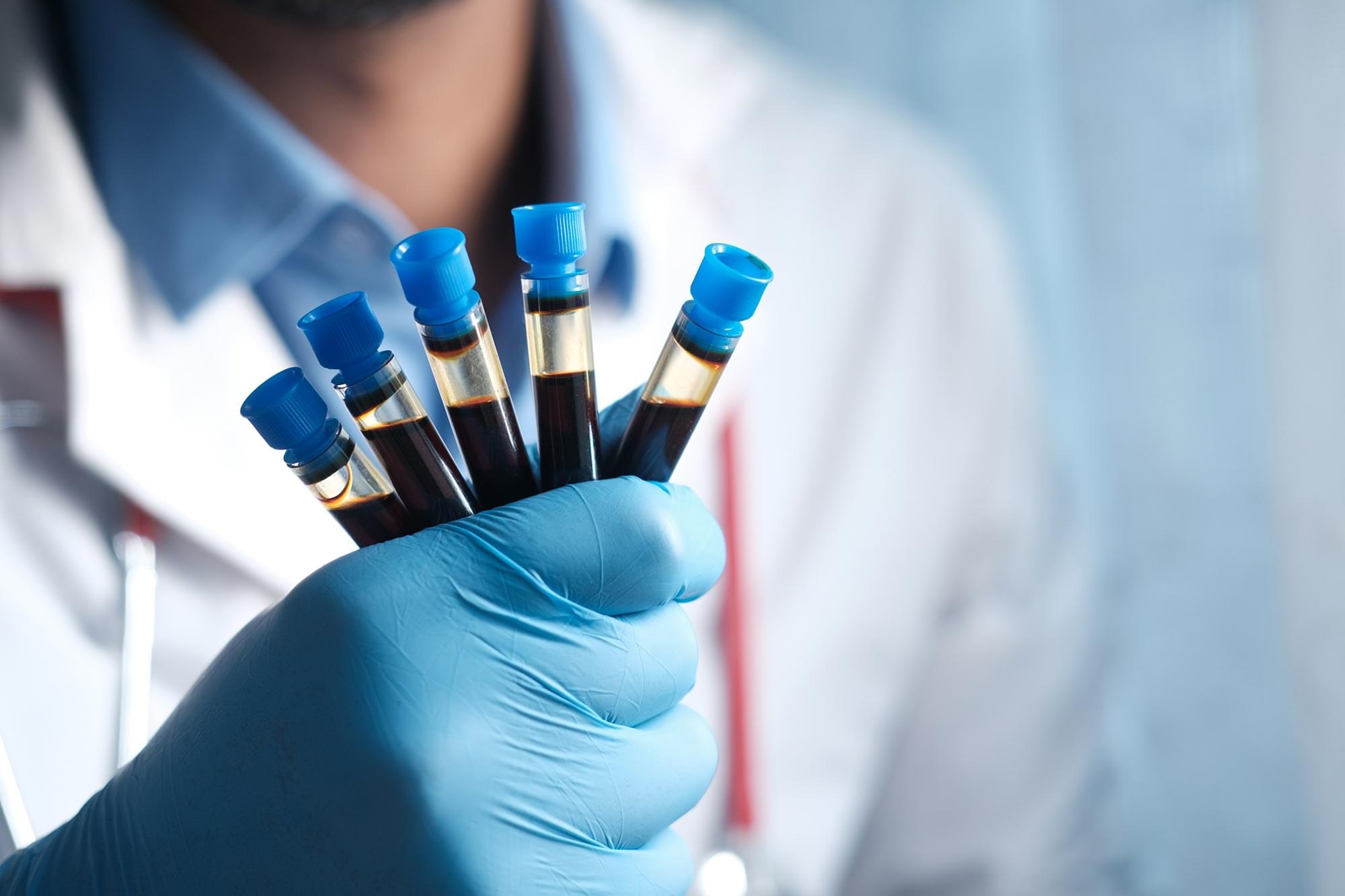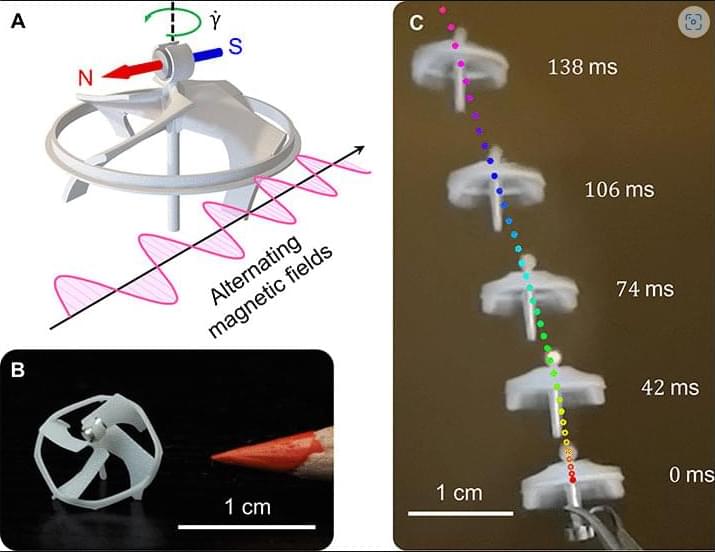Heaviside was born in Camden Town, London, at 55 Kings Street [ 3 ] : 13 (now Plender Street), the youngest of three children of Thomas, a draughtsman and wood engraver, and Rachel Elizabeth (née West). He was a short and red-headed child, and suffered from scarlet fever when young, which left him with a hearing impairment. A small legacy enabled the family to move to a better part of Camden when he was thirteen and he was sent to Camden House Grammar School. He was a good student, placing fifth out of five hundred students in 1865, but his parents could not keep him at school after he was 16, so he continued studying for a year by himself and had no further formal education. [ 4 ] : 51
Heaviside’s uncle by marriage was Sir Charles Wheatstone (1802–1875), an internationally celebrated expert in telegraphy and electromagnetism, and the original co-inventor of the first commercially successful telegraph in the mid-1830s. Wheatstone took a strong interest in his nephew’s education [ 5 ] and in 1867 sent him north to work with his older brother Arthur Wheatstone, who was managing one of Charles’ telegraph companies in Newcastle-upon-Tyne. [ 4 ] : 53
Two years later he took a job as a telegraph operator with the Danish Great Northern Telegraph Company laying a cable from Newcastle to Denmark using British contractors. He soon became an electrician. Heaviside continued to study while working, and by the age of 22 he published an article in the prestigious Philosophical Magazine on ‘The Best Arrangement of Wheatstone’s Bridge for measuring a Given Resistance with a Given Galvanometer and Battery’ which received positive comments from physicists who had unsuccessfully tried to solve this algebraic problem, including Sir William Thomson, to whom he gave a copy of the paper, and James Clerk Maxwell. When he published an article on the duplex method of using a telegraph cable, he poked fun at R. S. Culley, the engineer in chief of the Post Office telegraph system, who had been dismissing duplex as impractical.









